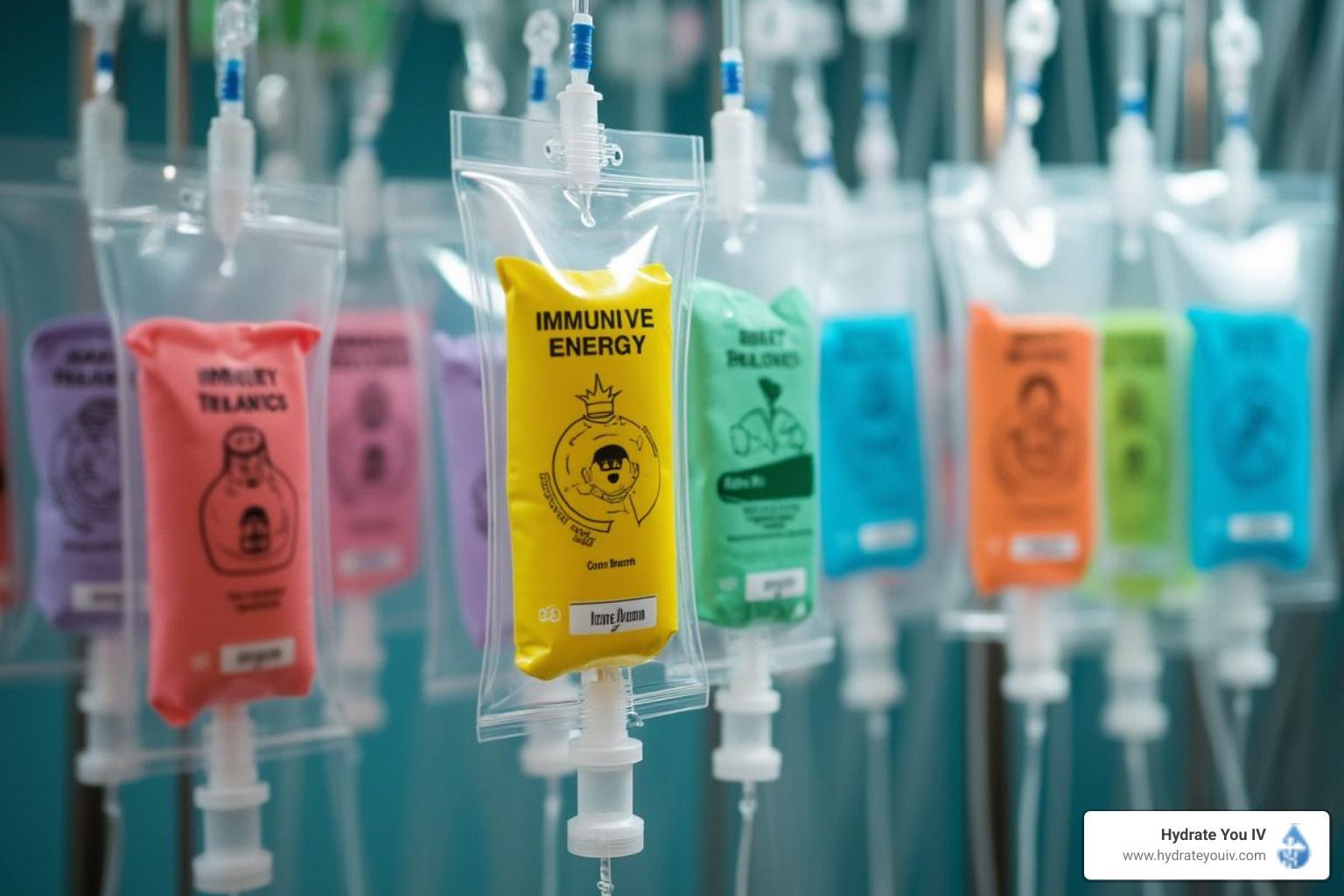Foods to Avoid for Better Mental and Physical Health
Foods to Avoid for Better Mental and Physical Health

Understanding the dietary choices we make is crucial for our overall mental and physical health. Various foods can significantly influence not only how we feel physically but also our emotional and cognitive states. In this article, we will explore the connection between diet and health, identify harmful foods that can affect both mental and physical well-being, and offer practical tips for transitioning to a healthier dietary lifestyle.
Understanding the Connection Between Diet and Health
Food is much more than mere sustenance; it is a powerful contributor to our mental and physical well-being. The nutrients we consume can either support or hinder our health, influencing everything from our mood to our physical energy levels.
Research has shown that certain foods have the ability to elevate mood, enhance cognitive functions, and even protect against mental health disorders. Conversely, unhealthy foods can lead to negative emotional states and decreased physical vitality.
Understanding this connection is vital as it empowers individuals to make informed choices that enhance health rather than detract from it. Let's delve deeper into how food impacts both realms of our health—mental and physical.
The Impact of Food on Mental Health
Numerous studies indicate that a balanced diet rich in essential nutrients can significantly improve mental health. Nutrients like omega-3 fatty acids, vitamins, and minerals nourish the brain, contributing to better mood regulation and cognitive function.
On the other hand, diets high in refined sugars and saturated fats have been linked to increased rates of anxiety and depression. For instance, consuming high-glycemic index foods can lead to fluctuations in blood sugar levels, resulting in mood swings and irritability.
Moreover, the gut-brain connection plays a crucial role in mental health. The gut microbiome, which is influenced by our dietary choices, can affect the production of neurotransmitters like serotonin, often referred to as the "feel-good" hormone. Foods rich in probiotics, such as yogurt and fermented vegetables, can promote a healthy gut microbiome, potentially leading to improved mood and reduced anxiety levels.
The Role of Nutrition in Physical Well-being
Good nutrition plays a pivotal role in maintaining physical health. A well-balanced diet is essential for providing the energy needed to perform daily activities and engage in exercise. Nutrient-dense foods—not only provide energy but also offer protective effects against chronic diseases.
Inadequate nutrition can lead to fatigue, weakened immune response, and other health complications. Therefore, understanding the nutrient content of the foods we consume is important for sustaining our physical performance and overall health.
Additionally, the timing of meals can also impact physical health. Consuming smaller, more frequent meals throughout the day can help maintain energy levels and prevent the sluggishness that often accompanies larger, less frequent meals. This approach not only aids in digestion but also helps in stabilizing blood sugar levels, which is crucial for sustained energy and focus. Incorporating a variety of food groups, including whole grains, lean proteins, and colorful fruits and vegetables, ensures that the body receives a wide array of nutrients necessary for optimal functioning.
Harmful Foods for Mental Health
As we consider how our food choices affect mental health, it's crucial to identify foods that can have detrimental effects on our emotional state.
Sugary Foods and Their Effects on the Brain
High consumption of sugary foods triggers the release of dopamine, leading to a temporary feeling of pleasure. However, this effect is short-lived, resulting in a 'crash' that can leave one feeling low and anxious.
Additionally, high sugar intake has been associated with chronic inflammation in the brain, which can contribute to cognitive decline and mood disorders over time.
The Dangers of Excessive Caffeine Intake
Caffeine is often consumed for its stimulating effects, but excessive intake can backfire. While it may temporarily boost alertness, high levels of caffeine can lead to increased anxiety, jitteriness, and even panic attacks in some individuals.
Moderation is key, and individuals should consider limiting caffeine, particularly if they notice negative changes in their mental well-being.
Detrimental Foods for Physical Health
Just as certain foods can adversely affect mental health, others can be detrimental to physical well-being.
The Risks of Processed Foods
Processed foods are often high in unhealthy fats, sugars, and sodium. They provide little nutritional value and can lead to weight gain, obesity, and various metabolic disorders.
Additionally, many processed foods contain preservatives and additives that may disrupt normal physiological functions, leading to a range of health issues.
Alcohol and Its Impact on Physical Health
Although moderate alcohol consumption may have certain social benefits, excessive intake can seriously compromise physical health. It can lead to liver disease, cardiovascular problems, and even impact nutrient absorption.
Moreover, alcohol can interfere with sleep quality and further contribute to the cycle of poor mental and physical health.
The Role of Hydration in Health
Hydration is often overlooked, but it plays a vital role in maintaining both mental and physical health. Our bodies are composed of around 60% water, and adequate hydration is essential for various bodily functions.
The Importance of Water for Mental Clarity
Dehydration can have a profound effect on cognitive abilities and can lead to difficulties with concentration, memory, and decision-making. Ensuring that you are well-hydrated can help maintain mental sharpness and improve overall mood.
Dehydration and Physical Health Risks
Inadequate fluid intake can lead to fatigue and muscle cramps, along with more severe health issues like kidney stones or urinary tract infections. Maintaining optimal hydration is key to ensuring that our bodies can perform at their best.
Transitioning to a Healthier Diet
If you're ready to improve your diet, it's essential to approach the transition thoughtfully and gradually. Making small changes can lead to lasting results.
Tips for Cutting Out Harmful Foods
- Start by identifying your triggers. Determine which foods lead to cravings or unhealthy eating habits.
- Gradually replace unhealthy options with healthier alternatives. For instance, swap sugary snacks for fruits or nuts.
- Plan your meals ahead of time. Preparing meals can reduce the temptation to reach for processed foods when you’re hungry.
Balancing Your Diet for Optimal Health
A healthier diet doesn't mean deprivation; it’s about balance. Incorporating a variety of foods ensures that you get the essential nutrients your body needs to function optimally.
Focus on a diet rich in fruits, vegetables, whole grains, lean proteins, and healthy fats. Striving for a colorful plate can help you enjoy the benefits of diverse nutrients.
Ultimately, the goal is to foster a healthy relationship with food that enhances both your mental and physical health.











